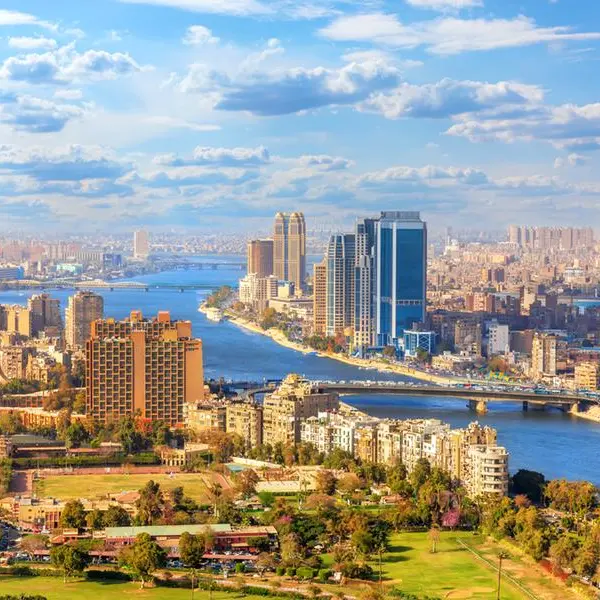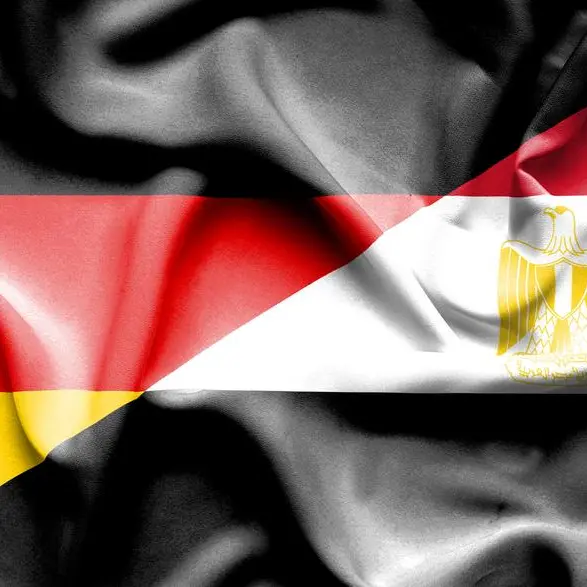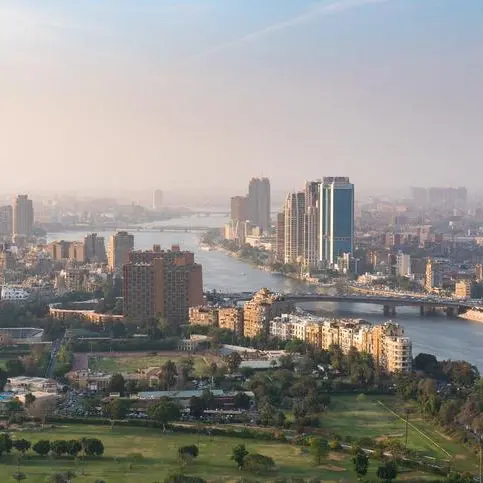PHOTO
Israel's airstrikes in Lebanon are inflicting destruction that could set its economy back by years.
But the defaulted country's bonds have climbed to two-year highs, gaining a whopping 44% since late September, as traders snap them up for pennies on the dollar.
Investors reckon the weakening of Hezbollah, the Iran-backed military group that controls the south of the country, could precipitate a shake-up of Lebanon's fractured political system and potentially an economic plan to pull the country out of default.
"The reason bonds have rallied is that the market thinks that the Lebanese political class might finally be able to agree a political path forward and an economic reform plan without Hezbollah in the picture," said Anthony Symond at abrdn.
"This would pave the way for the Eurobonds to eventually be restructured."
The jump still leaves Lebanon's dollar bond maturing in 2025 trading at a paltry 8.5 cents on the dollar - a fraction of the 70-cent level at which bonds are considered distressed.
Lebanon tumbled into default in the spring of 2020 after the country's financial system plunged into a deep economic crisis in 2019. With an effectively non-functioning government wracked by discord and corruption, few expect a debt deal anytime soon.
"Lebanese bonds started getting bids after the death of Nasrallah," said Kaan Nazli, a portfolio manager with Neuberger Berman, referring to Hezbollah leader Sayyed Hassan Nasrallah, whose death was announced on Sept. 28.
"Lebanon was in the 'it could not get worse' category," said Nazli, adding that the latest events could spark change.
Conflict between Israel and Hezbollah was rekindled a year ago when the Iranian-backed group opened fire in support of Palestinian militant group Hamas at the start of the Gaza war.
Fighting escalated dramatically last month when Israel bombed Lebanon's capital Beirut and the Bekaa Valley and sent ground troops into the south of the country; Hezbollah, meanwhile, has fired rockets deeper into Israel.
Bruno Gennari, emerging markets strategist with KNG Securities, said rumours that Washington could use Hezbollah setbacks to push Lebanon to appoint its first president in two years had given hope.
"Is all about Hezbollah getting weaker," he said.
S&P Global Ratings said last week Israel's military action in Lebanon "put severe pressure" on Lebanon's already battered economy, and would "further delay economic and financial reforms, and the longer-term recovery of fiscal and external accounts."
S&P has a selective default rating on Lebanon's foreign currency debt.
Given their incredibly low prices, any glimmers of good news could boost Lebanon's bonds again, Nazli said
"If you see any headline on a presidential election, or even just a schedule for one - that could be a sign that things are moving forward," he said.
(Reporting By Libby George and Karin Strohecker. Chart by Marc Jones. Editing by Christina Fincher)





















